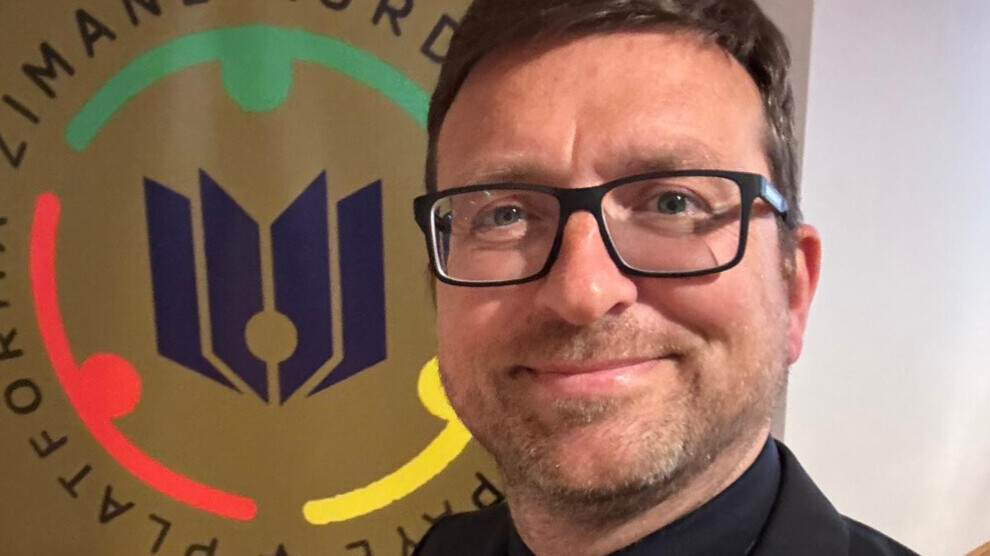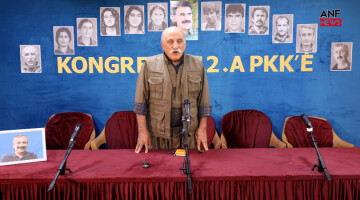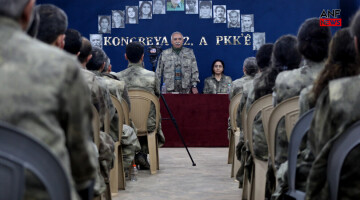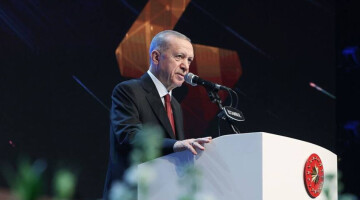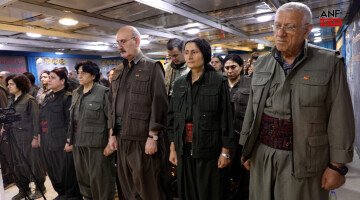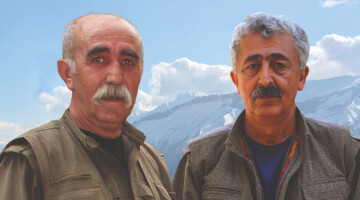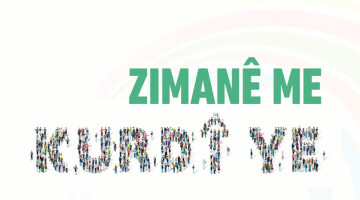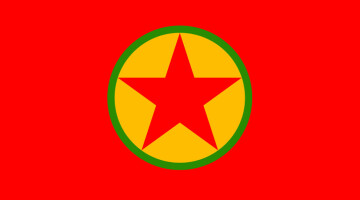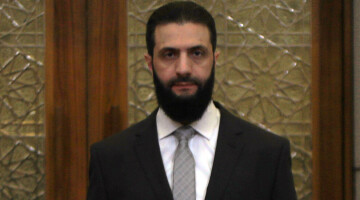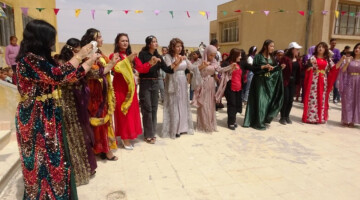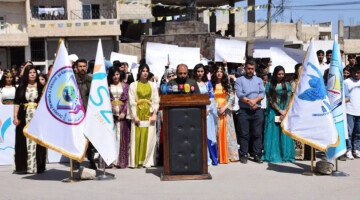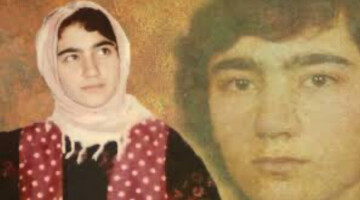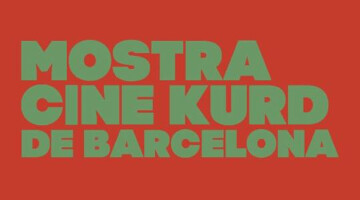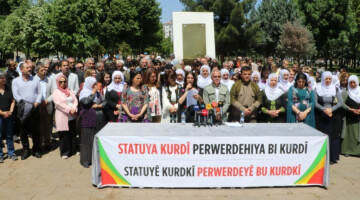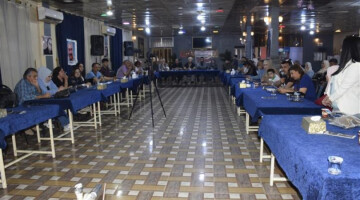Prof. Dr. Christoph Scholz will be the rector of the International Kurdish University, which will operate in the German city of Dresden in 2026. He told ANF that the goal of the university is to set new standards in global higher education.
What were the personal or academic factors that motivated your decision to accept becoming the rector of the first Kurdish language university outside the Kurdistan region?
The historical significance of this initiative, as much as the academic challenges it presents, deeply influenced me. The idea of establishing a university that not only transmits knowledge but also serves as a strong symbol for cultural self-determination fascinated me from the start. The International Kurdish University in Germany will have an academically free, independent, and open-minded structure. Education and research will be conducted in German, and the Kurmancî and Sorani dialects of Kurdish.
Personally, the idea of building a structure that will empower the future of Kurdish students, combined with my experience as a professor and rector, motivates me. Academically, I see an opportunity to develop an institution that works innovatively, in multiple languages, and based on values, with a strong international team. Through this university, we aim to set new standards for global higher education.
As a German academic, how do you assess the potential of Kurdish as a scientific language?
I see great potential in this regard. In fact, any language can become a scientific language with enough investment. German, for example, was not initially a scientific language. Indeed, many languages that are widely accepted today gradually reached that position. Kurdish, belonging to the Indo-European language family, has a rich literature, diverse dialects, and a vibrant culture. What is lacking is systematic support, terminology studies, and institutional strengthening. This is where we come in. The International Kurdish University will specifically invest in linguistic infrastructure. We will support this process through translation projects, Kurdish academic publications, the development of educational materials, and the establishment of a linguistics center.
The Kurdish people have fought a long struggle to establish their own educational institutions. As a non-Kurdish rector, how do you see your role in this context?
I see myself as a bridge-builder. With my experience as a rector and educational administrator, I consider myself not a "foreigner," but part of a solidarity project carried out together with Dr. Zerdest Haco, Dr. Azad Ali, other Kurdish colleagues, students, and international partners. My non-Kurdish background might even contribute symbolically: it demonstrates that this institution is being established with an inclusive approach, not an exclusive one. This is a project of participation, recognition, and cooperation. Freedom must be realized not against others, but together with others. This university is not just an educational institution but also a project of identity and freedom.
How does this awareness affect your academic responsibility?
This awareness demands from me not only academic excellence but also integrity, sensitivity, and courage. We are not just building an institution here; we are creating a space where people can express their languages, histories, and perspectives fearlessly. Identity and science do not have to contradict each other; on the contrary, they complement and enrich each other. I take this responsibility seriously, adopt a management approach based on equality, view diversity as a strength, and make academic freedom the foundation of all decisions.
What should have happened by the end of the first year for you to be able to say 'We have succeeded'? What are your concrete goals for the start?
If we can prepare the educational process by the end of the first year, form a determined founding team, make the university visible and demonstrate that it truly exists, and most importantly, secure the financial infrastructure and scholarship system for the university, I could say "we have succeeded." Specifically, it would mean that the university and its first undergraduate programs are in the accreditation process, and that the first students have enrolled in our language school, which will be part of the future university. We aim to have established partnerships with other universities and, especially, to have produced the first Kurdish academic content.
Most importantly, we want to send a message of hope against despair. The first academic year should carry this message: the first Kurdish university is being established and will stay.

